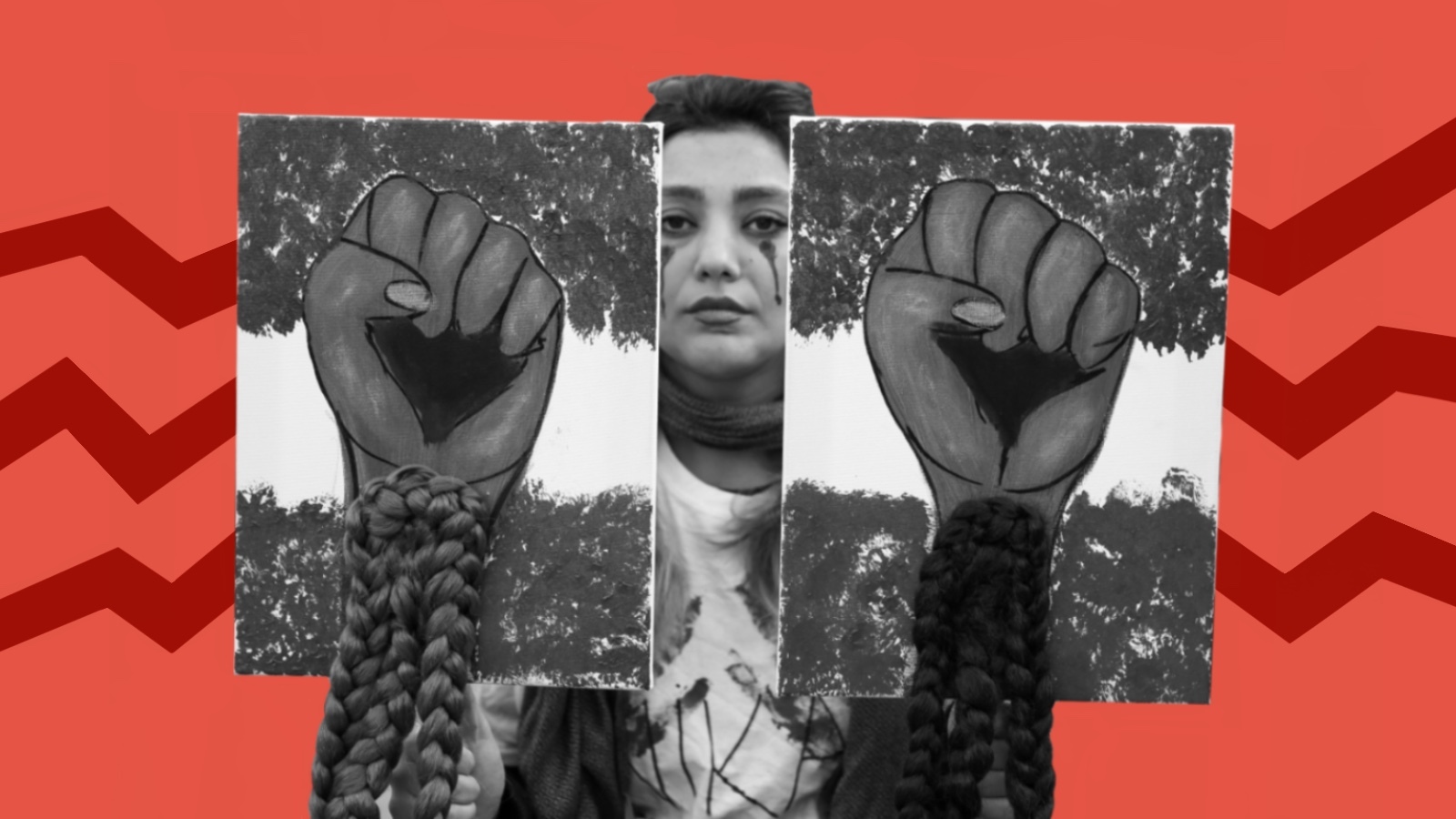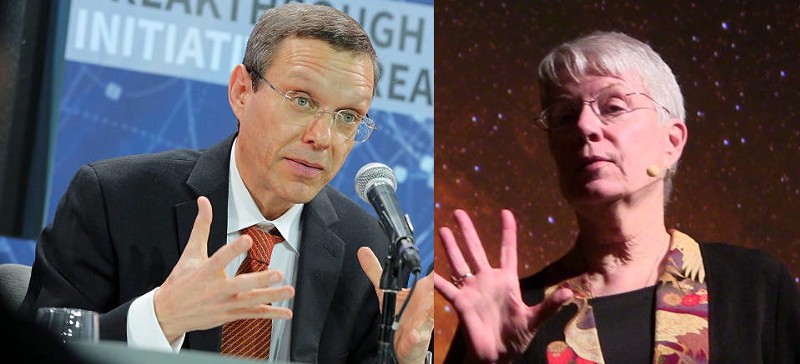Afghan Star, which airs on Tolo (one of the Moby channels), is the most popular program in Afghanistan. Mohseni is the Executive Producer. It is the Afghan version of Dancing with the Stars. 40% of Tolo’s employees are women. Mohseni has been denounced as “un-Islamic” by fundamentalists for allowing women to appear alongside men on his radio and TV networks, for showing Indian soap operas featuring unveiled women, and for allowing women to compete with men on one of Tolo TV’s hit shows, “Afghan Star.” He’s been threatened with arrest, because his journalists aggressively report on government incompetence, vote fraud, and rampant corruption… He is implacably opposed to the Taliban and staunchly pro-American, provoking accusations that he’s an American agent. And his outspoken criticism of Pakistan for treating Afghanistan as “a satellite state” enrages Pakistani officials… His affluence was betrayed only by a silver wristwatch, which he described as “the cheapest Rolex.” Under the Taliban, all musical performances and TV were banned, as were cricket matches and independently reported news. Aside from some daring citizens who listened to shortwave radio, there was only state-owned radio, Voice of Sharia. “Everything you take for granted in the West”—electricity, computers and people who know how to use them, transmitters, announcers trained in speaking into a microphone, a music library, transportation, security—”we had to supply ourselves,” Mohseni says. Mohseni insisted, “If the public uses these programs with enthusiasm and they are popular, then obviously the public seems to be ready for these types of programs.” He now says, “One can be accused of being arrogant, of imposing something alien. From time to time, we would make the mistake of doing that.” But, he says, “I grew up listening to women on the radio. I don’t think it was alien. I think the Taliban period is an aberration in terms of our culture and history.”
Saad Mohseni: In Afghanistan, most households have one television set, so it’s general entertainment. They're mostly general entertainment channels and slight sort of slightly female skewed, but programs appeal basically to families. So in a place like Afghanistan people gather around the television set a bit like in the 1950s in the US. It’s the thing to do to have dinner, watch television, discuss the programs and then go to sleep. And people really have nothing much else to do besides watch television. People can’t go to restaurants. They can’t go to the theater. Even going to relatives’ homes in some parts of the country is just out of the question. So television becomes a sort of focal point in a household. And also I think people just can’t afford to do things besides watch television. I mean, I think even in the US, for example, sort of the poorer, the less affluent suburbs penetration of cable is much higher than say the Upper East Side of New York because people have other things to do on the Upper East Side of New York.
So for us the important thing is to keep it fairly general. Now of course the market will become fragmented as people have access to more television sets, to internet and so forth, and we’re already recognizing that, so we’ve launched a 24 hours news channel, for example, in Afghanistan. As we see things we'll probably have a sports channel. We’ll probably have a children’s channel in the years ahead.
In Iran it’s a little bit different. Television penetration is very high. It’s something like 80% of the population has access to satellite. A lot of households have more than one television set and so although most of the programs we do declare that they are sort of family types of soap operas and programs, but it’s more female skewed than our channel in Afghanistan. That’s what the advertisers like, and we believe that the bulk of the viewers in a place like Iran are women. And so it purely depends on the market. Afghanistan is very—it’s a very unique case, sort of frozen in time.
We had the opportunity to go in there and obviously we’re seeing things resemble, as I said, the US in the 1950s, but the change, the rate of change is sort of very much accelerated. I mean, Afghanistan will resemble the western world vis-à-vis media probably in the next five to ten years, so what was achieved in the west over a 50, 60 year period we’ll see happen in Afghanistan over a very short period of time, probably ten years I would say.
Directed / Produced by
Jonathan Fowler & Elizabeth Rodd






